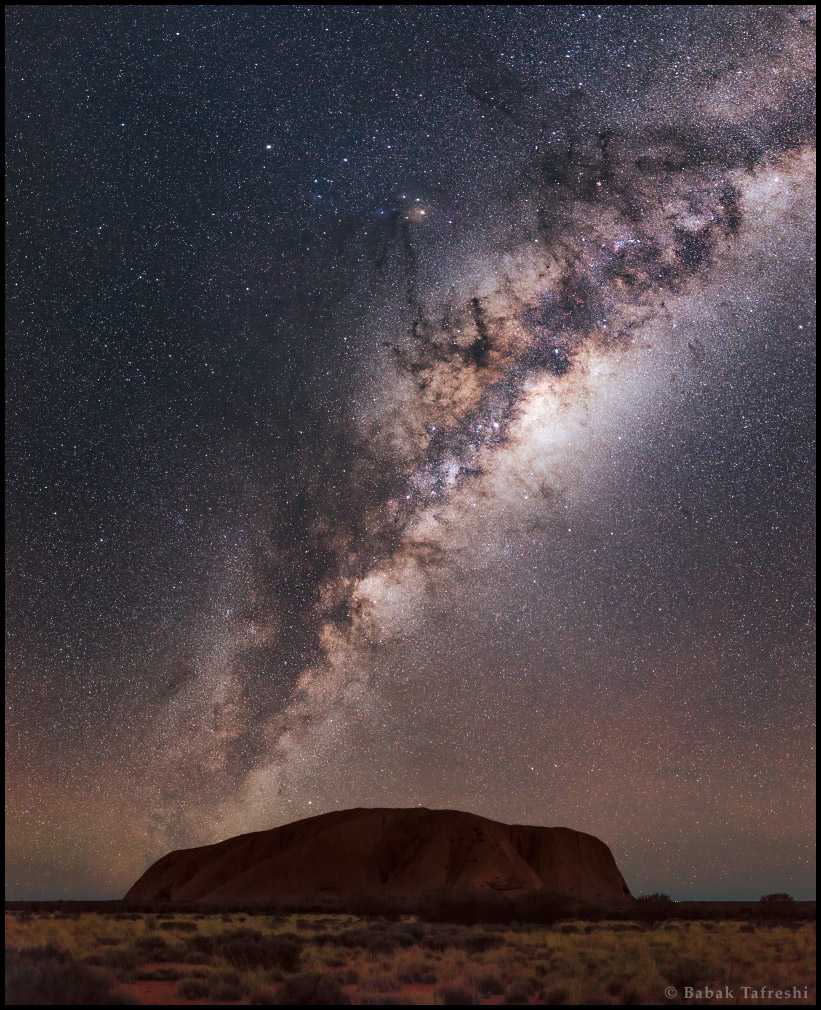
Every day a fun new picture!
Featured Topics
Climate Change: Weather is the current state of the atmosphere in terms of temperature, rain, humidity, wind, etc. for a specific location. Weather changes from minute to minute, and thus is considered short-term. Climate is essentially the average weather for a significant period of time for a particular region, and thus is considered long-term. Since climate is based on weather and weather changes, climate also changes. All weather and, hence, all climate is ultimately due to the sun's uneven heating of our planet. The spherical Earth is heated unevenly because the equator is heated more intensely, Earth is tilted on its axis, it rotates on its axis, and land and water heat and cool at different rates. At its most basic level, weather is just the result of this heat trying to spread out and equalize over the planet.
The United Nations Environment Programme and the World Meteorological Organization created an international body called the Intergovernmental Panel on Climate Change (IPCC) to study climate change. Thousands of scientists and approximately 200 countries are contributors to, or members of, the IPCC. The work of the IPCC is held to the highest objective scientific standards.
The IPCC has three working groups. Working Group 1 assesses the physical aspects of the climate system and climate change including temperature and precipitation changes, ice sheets, and sea level. Working Group II assesses the vulnerability of socio-economic and natural systems to climate change, consequences of climate change, and adaption options. Working Group III assesses options for mitigating climate change including both limiting and removing gas emissions.
Important tools of the IPCC are large computer programs called general circulation models (GCM) that simulate the physical processes in the atmosphere, oceans, and lands of planet Earth. If these GCMs perfectly simulated these processes we could perfectly predict what would happen regarding weather and climate in the future. We aren't there yet. Instead, scientists vary parameters such as the amount of carbon dioxide in the atmosphere to create a variety of possible scenarios for the future.
All of the IPCC's scientific findings on climate change are available to everyone free of charge from their website: www.ipcc.ch Check it out! The summaries for policymakers are particularly informative. There's a lot of work yet to be done to understand and predict climate change.
In particular, the Synthesis Report documents are pretty user-friendly.
